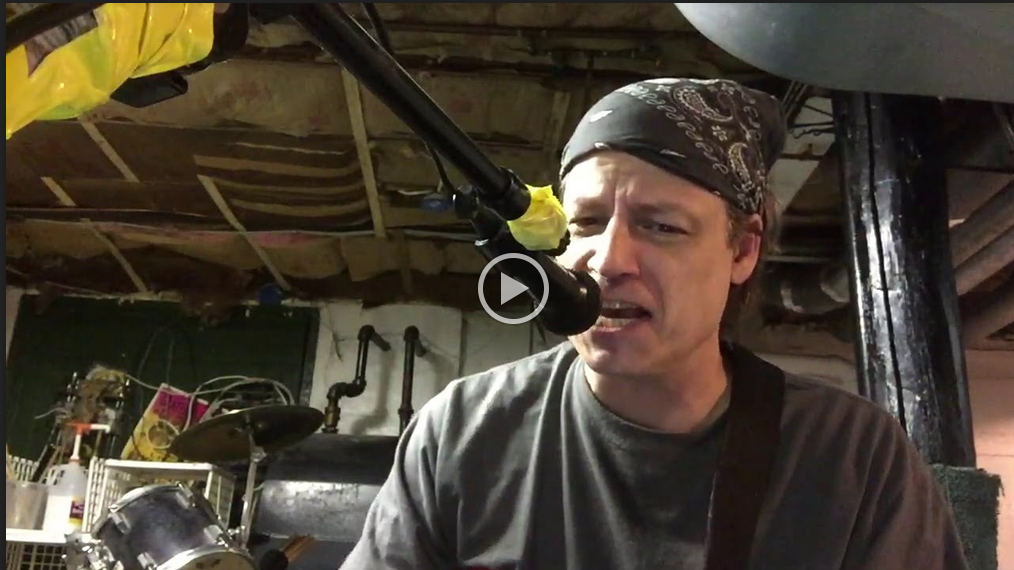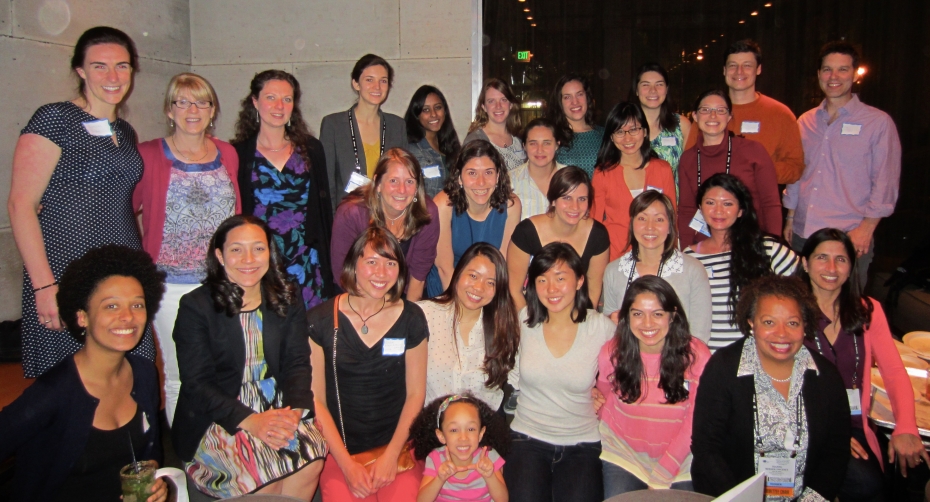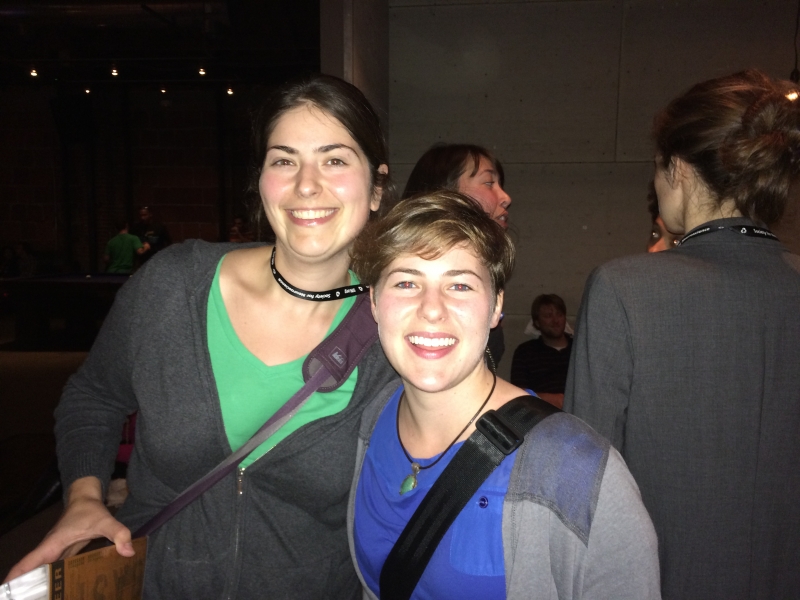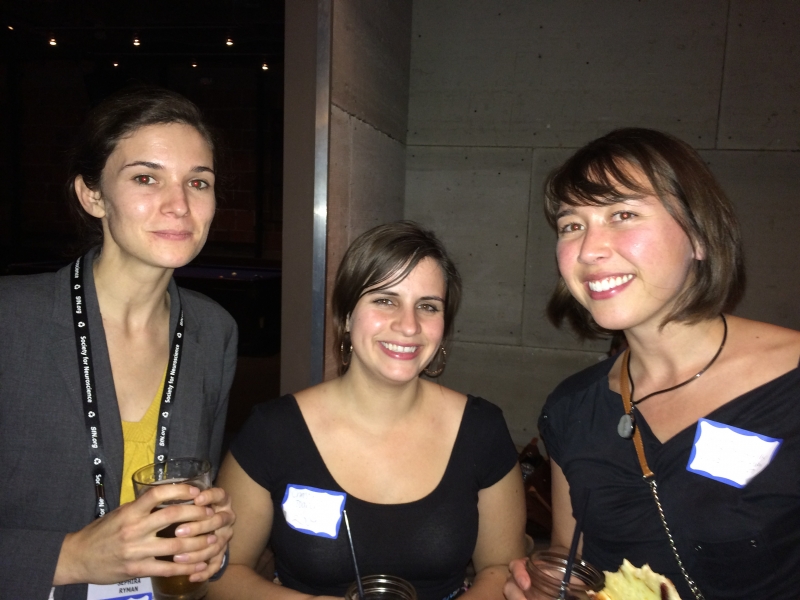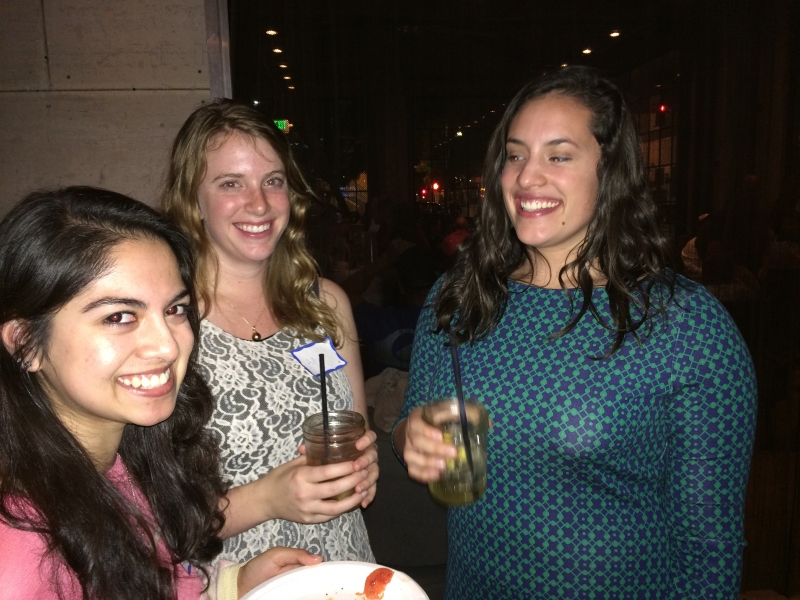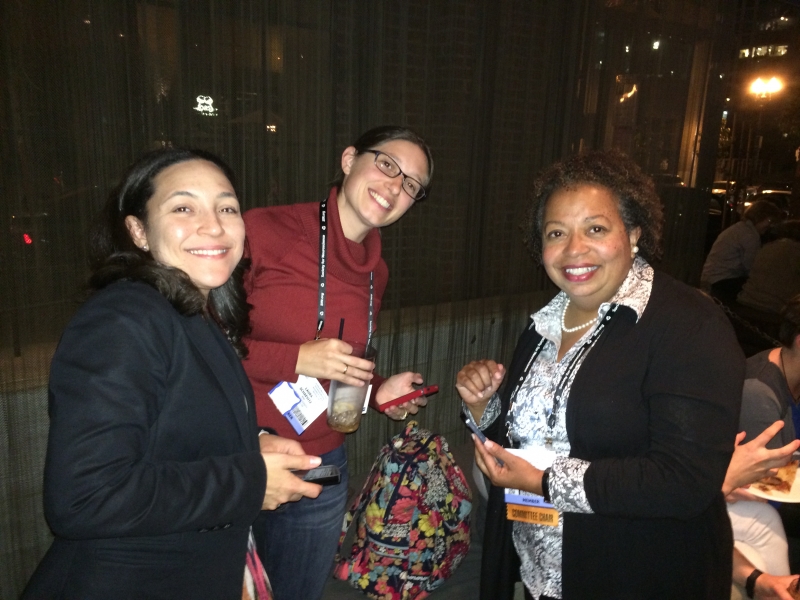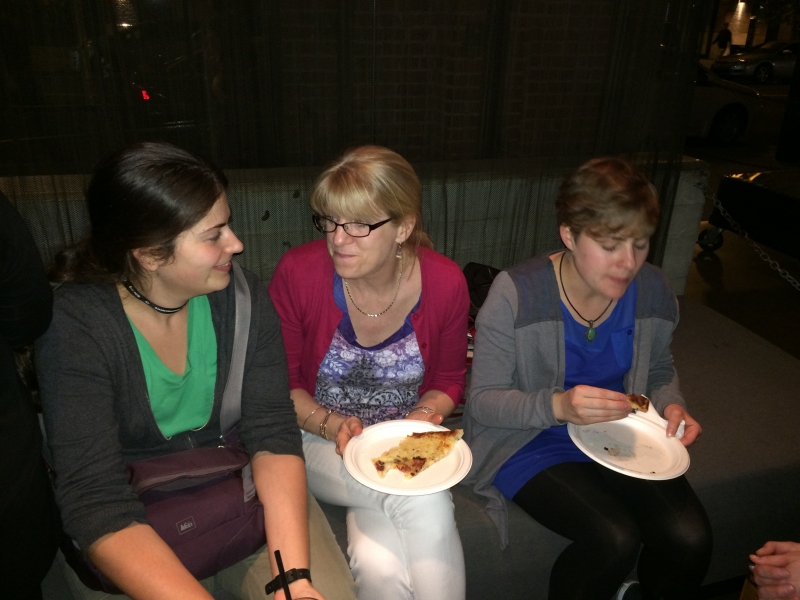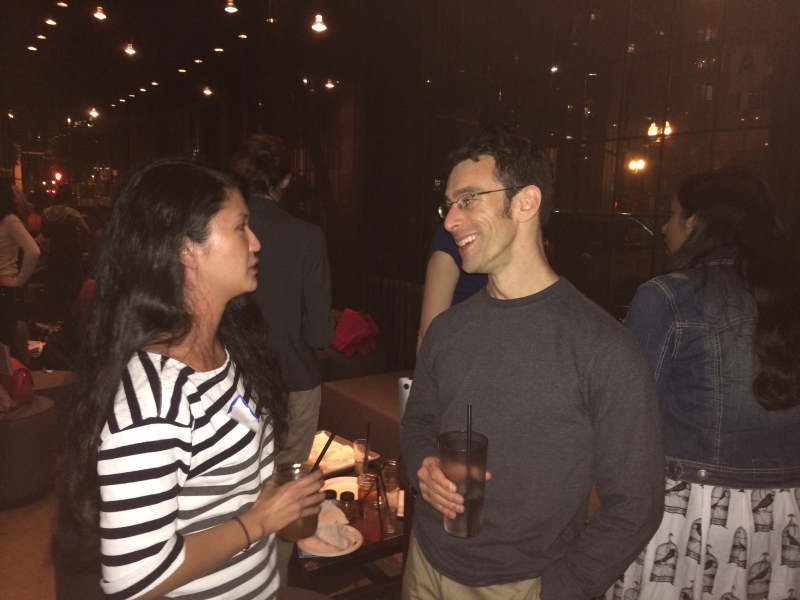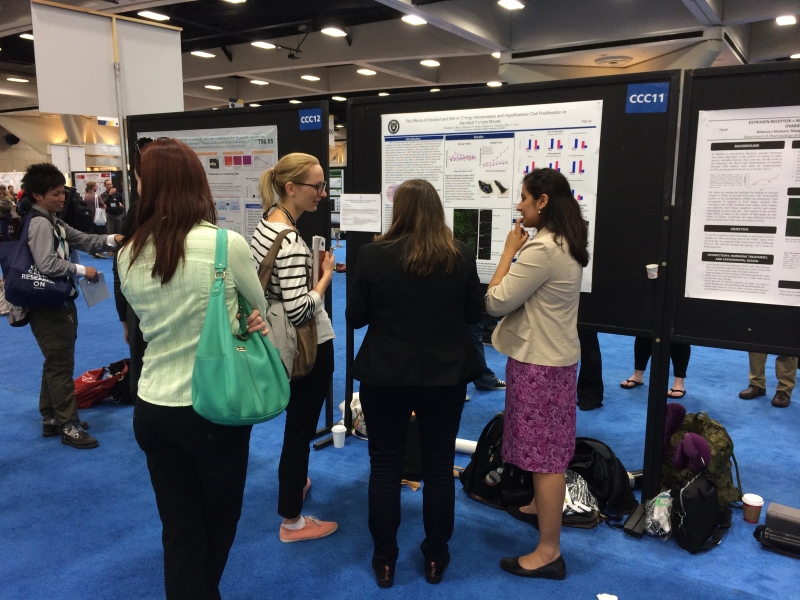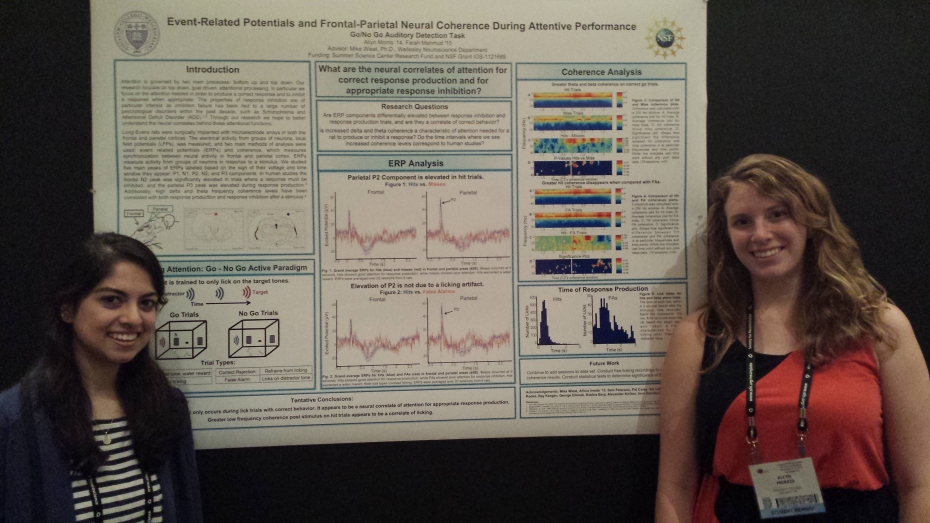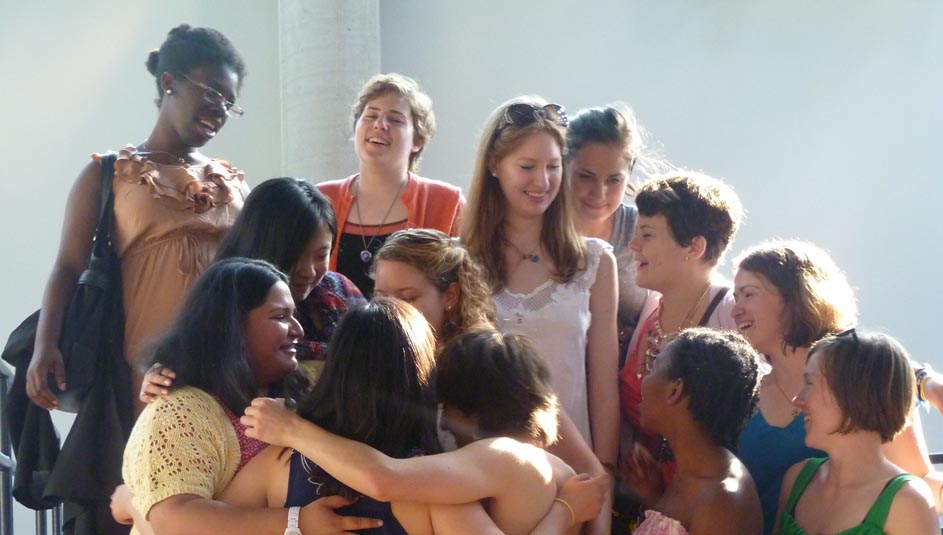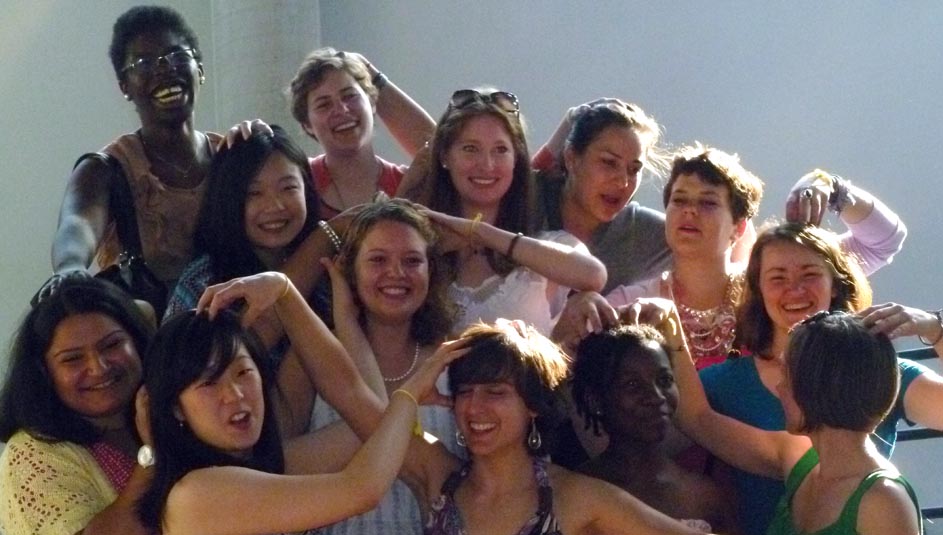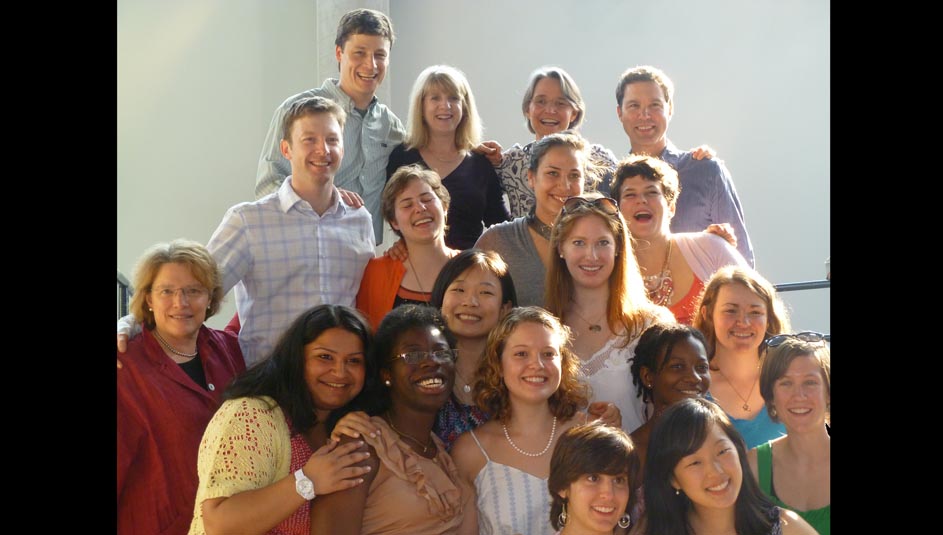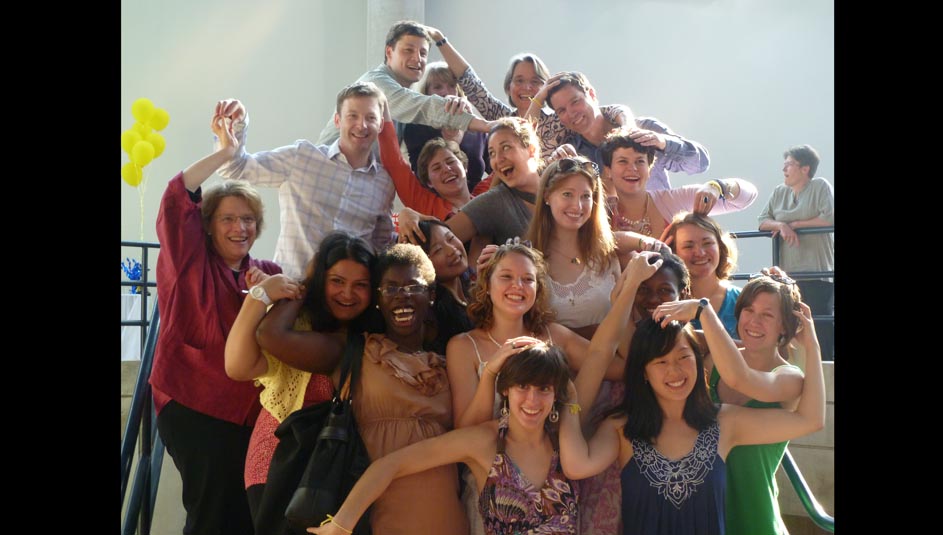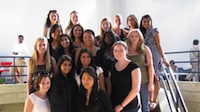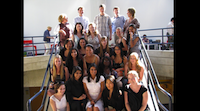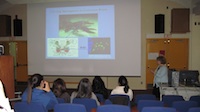Neuroscience Department Events and Celebrations
Events and Celebrations
Summer 2020 Poetry Slam
2020 State of Mind by Mike Wiest
The Neuroscience Department Alumnae Speaker Series Celebrating 20 years of Neuroscience at Wellesley College (2020)
Dana Im ‘10, MD, MPP, MPhil
Brigham and Women’s Hospital & Massachusetts General Hospital

How Neuroscience and Wellesley Shaped My Career in Emergency Medicine
Have you ever wondered what your career would look like after graduating from Wellesley with a degree in Neuroscience? Dr. Dana Im, a Wellesley alum from the Class of 2010, will describe her journey from BISC 110 to the emergency department in Boston, where she is uniquely positioned to advocate for patients who would otherwise receive no care at all. She will detail how multidisciplinary approaches to education in Neuroscience have prepared her to combine her interests in medicine, research, public health, and policy to advocate for patients with behavioral health emergencies-- one of the most vulnerable patient populations in the emergency department.
Dr. Im graduated from Wellesley College with a major in Neuroscience and a minor in Women’s and Gender Studies, after which she received a master’s degree in Public Health at the University of Cambridge as a Wellesley Knafel Fellowship recipient. She graduated from Harvard University with a medical degree and a master’s degree in public policy at Harvard Medical School and Harvard Kennedy School of Government. She is Chief Resident in Emergency Medicine at Brigham and Women’s Hospital and Massachusetts General Hospital. In July, she will be joining the faculty at Harvard Medical School and Brigham and Women’s Hospital to lead the emergency department’s new initiatives in improving the care of patients with behavioral health emergencies.
Rosa Lafer-Sousa ’09, PhD
Unit on Neurons, Circuits and Behavior at NIMH

A Colorful Research Journey
I graduated from Wellesley College in 2009 with a B.A in Neuroscience, after which I carried out research as a Lab Manager in Dr. Bevil Conway’s lab at Wellesley College and Harvard Medical School. Last spring I graduated from Massachusetts Institute of Technology (MIT) with a PhD in Brain and Cognitive Sciences, working in Dr. Nancy Kanwisher’s lab. The focus of my thesis work was the perceptual and functional organization of color vision. I am now a postdoctoral research fellow at the National Institute of Mental Health (NIMH), Laboratory of Neuropsychology (LN), in Dr. Arash Afraz’s Unit on Neurons, Circuits, and Behavior (UNCB). The main focus of the lab is uncovering the causal links between the neural activity in the ventral stream of the visual pathway and behavior.
My research aims to shed light on the neural architecture of the visual system and establish links between brain activity and perception, with a focus on Color as a model system. Color is a fundamental aspect of visual experience that confers a myriad of behavioral advantages: finding objects in cluttered scenes, recognizing familiar objects, and gleaning information about the material composition and state of objects (e.g. the edibility of fruit) and agents in the world (e.g. health or emotional status). As famously pointed out by Marr (1980), a full understanding of perception requires an analysis of the computations performed, the algorithms that carry out those computations, and the implementation of those algorithms in the physical hardware of the brain. My work to date has employed psychophysical methods and functional imaging to tackle questions about human color vision at all three levels: what it is used for, how we solve the classic problem of color constancy, and how our color processing machinery is functionally organized in the brain. I have carried out functional MRI studies in humans and macaques that found both segregation and convergence of the processing of color and shape in the brain, as well as evidence for the homology of the color system between humans and macaques. I have used psychophysics and a recently discovered ambiguous color stimulus (‘#theDress’) to investigate the cues and assumptions used by the human visual system to constrain the classic ill-posed problem of inferring the intrinsic reflectance of an object by discounting the spectral properties of the illuminant. Specifically, these studies found evidence that color constancy is mediated by sensory, perceptual, and cognitive factors (i.e., low-level features, inferences about 3D scene geometry, prior knowledge, and attention), and provide the first evidence that human skin is a sufficient cue to infer the illuminant and bring about color constant percepts. Most recently, I used psychophysics to evaluate the impact of memory on the color appearance of familiar objects and faces. The study found a novel perceptual illusion that reveals the role of memory for face color in perceptual experience and social communication, sheds light on the selective pressures for the evolution of trichromatic vision in primates, and demonstrates the powerful ability of cognition to influence perception. Taken together, these studies provide clues about the perceptual and neural mechanisms underlying our rich experience of a colorful world.
Producing this body of work and making my way from wide-eyed undergraduate huddled in the Wellesley College science center to full-blown research scientist has not been without its challenges. In this talk I will touch on key moments, both personal and academic, in my colorful research journey.
Rosalind Lai ’11, MD
Department of Neurosurgery Brigham and Women’s Hospital

Cerebrovascular Neurosurgery: From Bench to Bedside
I am a senior neurosurgical resident and the Cerebrovascular/Endovascular fellow at the Brigham and Women’s Hospital, Department of Neurosurgery. My current research interests include studying genetics and risk factors in cerebrovascular diseases, and specifically, in understanding the unique higher prevalence and worse clinical outcome in women in cerebral aneurysms.
Society for Neuroscience Wellesley Reunion, Chicago, 2019

Neuroscience Graduating Seniors Reception, 2019

Society for Neuroscience Wellesley Reunion, San Diego, 2018

Neuroscience Graduating Seniors Reception, 2018
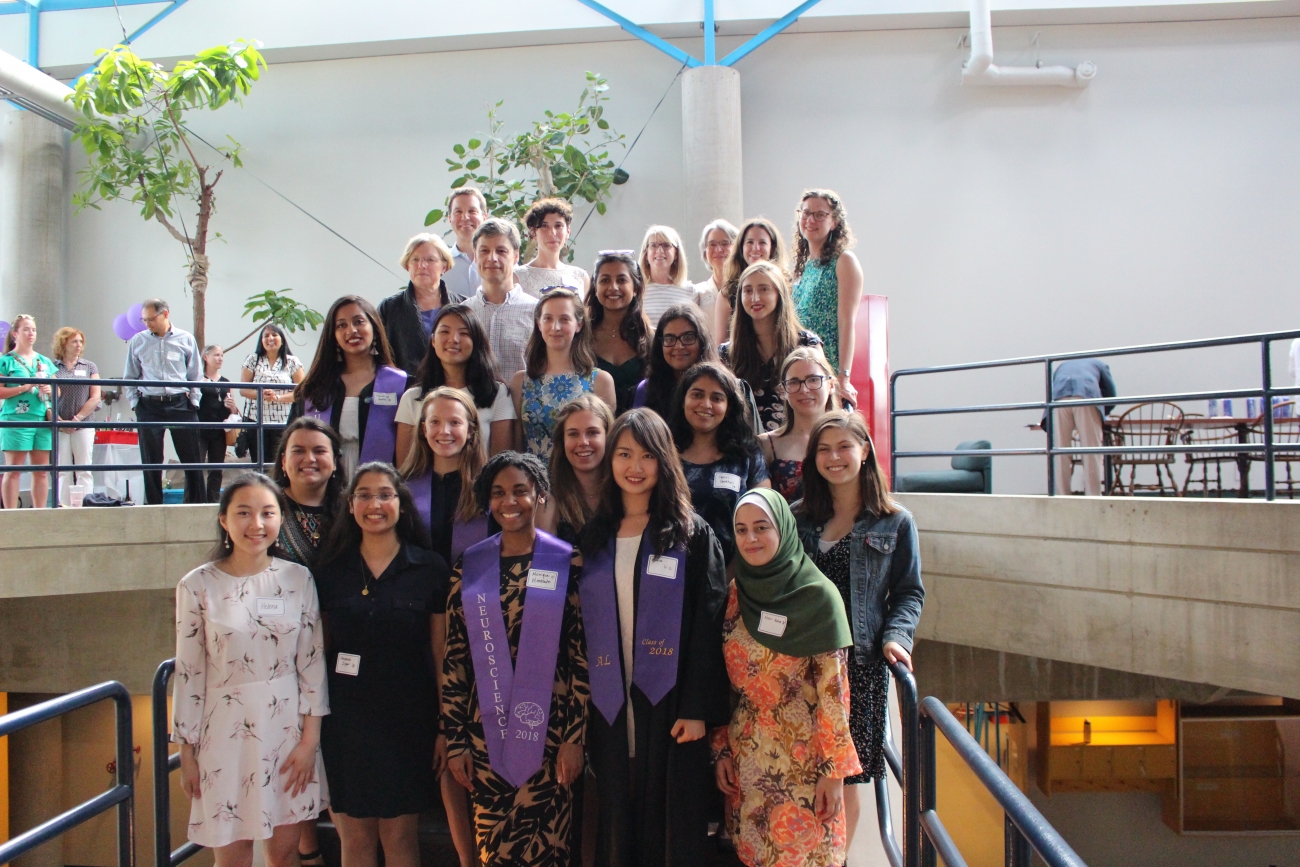
The Wellesley SfN Social, San Diego, CA 2016

Neuroscience Graduating Seniors Reception, 2016
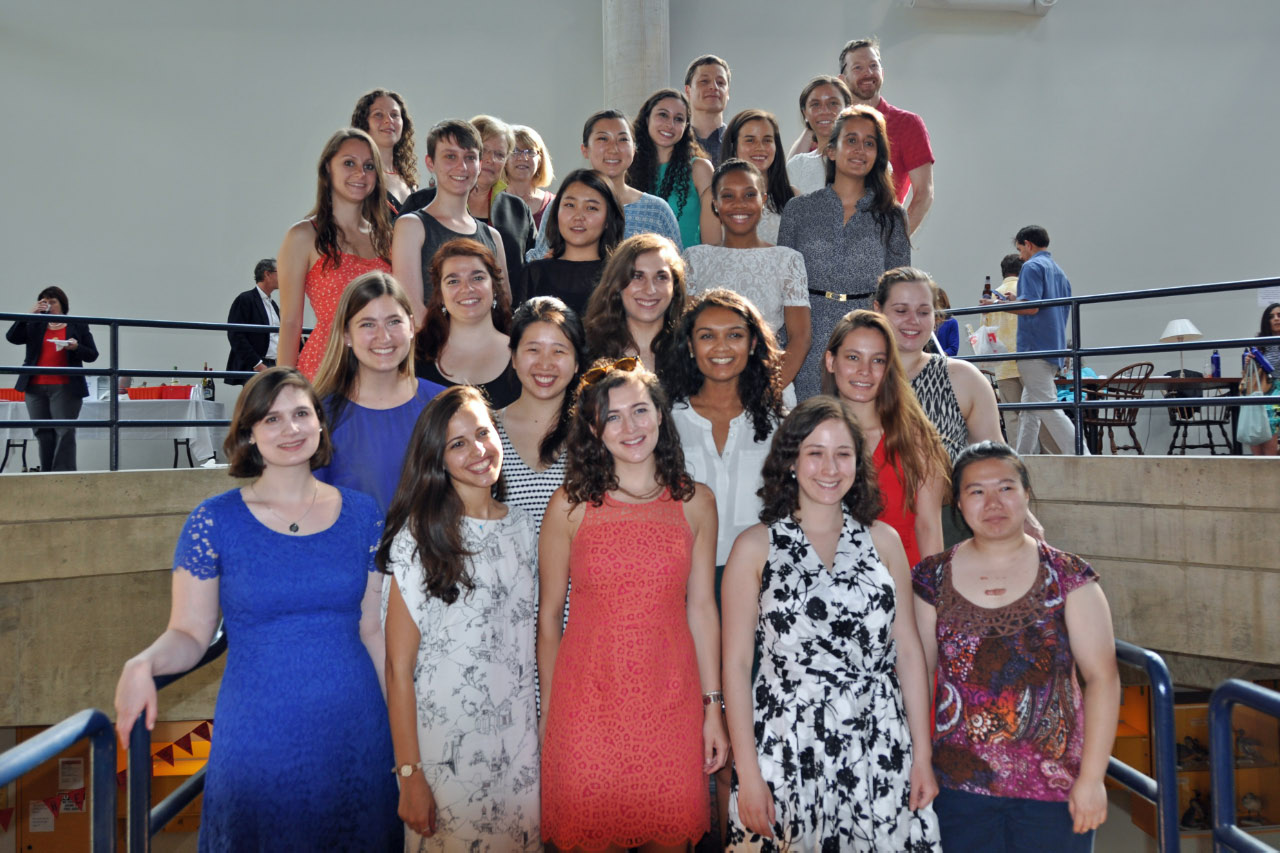
Neuroscience Sushi and Wine Celebration for Graduating Seniors and their Families, 2014
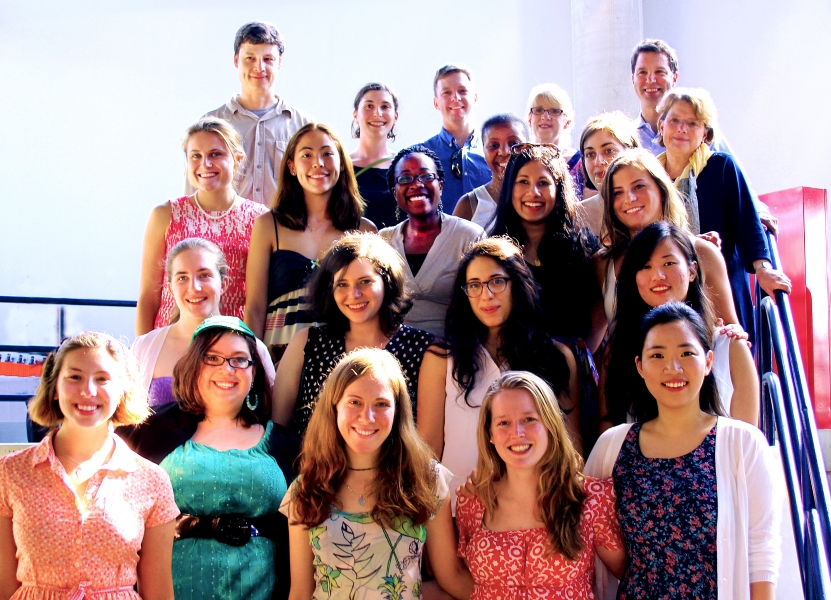
Dinner with Nancy Kanwisher at Blue Ginger, following the Klein Lecture, 2014
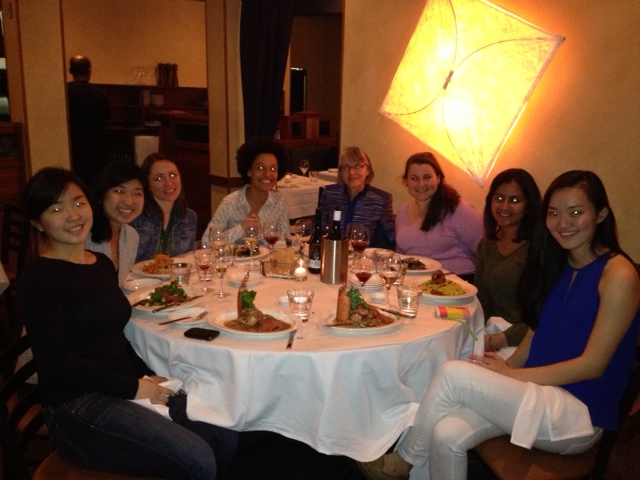
(Pictured above: Hande Piristine, Jiun-Yiing Hu, Heather Kosakowski, Helen Lee, Sarah Finkelstein, Katie Eyring, Mika Asaba, Nancy Kanwisher)
Wellesley Neuroscience Majors Reunion and Posters at the Society for Neuroscience Meeting in San Diego November 2013
Wellesley Neuroscience Majors Reunion at the Society for Neuroscience Meeting in Washington D.C.
November 2011

